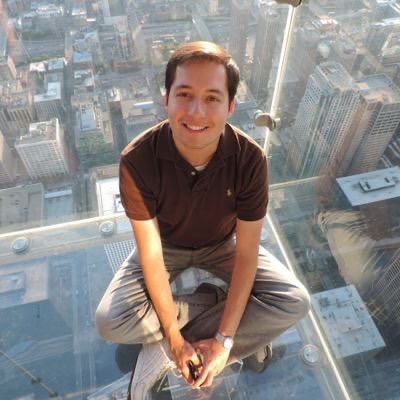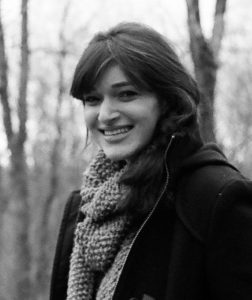
This year, graduate students Daniel Velásquez and Emma Rothberg received the annual Sallie Markham Michie Award from Orange County chapters of the Daughters of the American Revolution and the Magna Carta (DAR) Society. In the words of Professor Kathleen DuVal, this prestigious award “supports the work of history graduate students conducting research on the era of the American Revolution and the founding of the U.S. Republic (circa 1750-1790) and/or the tradition of rights and liberties that was established by the Magna Carta.” In recognition of the generous support – up to $8000 – provided by their benefactors, Velásquez and Rothberg will deliver the final findings of their research to the DAR Society next year.
Given Velásquez and Rothberg’s projects, the DAR Society’s interest in supporting their work is not surprising. Velásquez’s project focuses on the Gulf Coast, where, particularly after the Seven Years’ War (1756–1763), boundaries and borders carved out on maps and in legal codes looked quite different on the ground. When Spain gained control of Louisiana, the port of New Orleans became the access point for British traders to move their goods to Mexico. Since the Spanish metropole could not adequately supply its subjects in Mexico with all the goods they demanded, a rich market for traders developed in the region.
As Velásquez explains, Spanish law restricted such trade, so Irish smugglers from British islands in the Caribbean covertly brought their goods – boots and tea trays, for example, that would cost three times more if made by artisans rather than factory machinery – to New Orleans to enter the Mexican market. He seeks to demonstrate that the center of gravity in trans-imperial trade rested in Mexico, rather than Spain. Having discovered, to his surprise, that the cost of conducting research in New Orleans exceeds comparable expenses in London, Velásquez is particularly appreciative of the DAR Society’s support.

Rothberg’s research also examines “on the ground” events that shaped and constrained high-level political agendas. She studies apolitical parades put on by booster societies, suffrage groups, labor activists, and ethnic or racial movements at the turn of the twentieth century. Each of these parades provide examples of how city dwellers in New York, Denver, and Baltimore developed a “usable past” to represent American democracy. She is interested in the meanings and definitions of American democracy in the growing urban spaces of a largely agrarian country. The Sallie Markham Michie Award will fund Rothberg’s travel to Denver and Maryland.
Though the research process looks different for every graduate student, Velásquez and Rothberg have adeptly responded to the challenges they faced and hope to move one step closer to completing their dissertation projects with the financial support of the Sallie Markham Michie Award. Stay tuned to hear more about the fruits of their research!
– Luke Jeske
